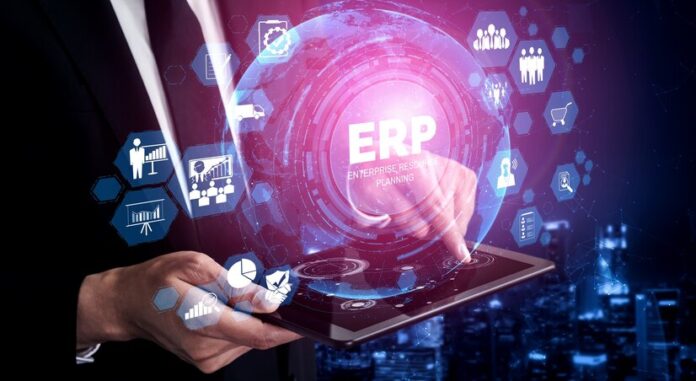The landscape of Enterprise Resource Planning (ERP) systems is rapidly evolving, driven by technological advancements and shifting business needs. As we look to the future, several key trends are emerging that promise to transform how organizations use ERP to streamline operations and make strategic decisions.
1. Embracing Artificial Intelligence and Machine Learning
Artificial Intelligence (AI) and Machine Learning (ML) are no longer just buzzwords—they’re becoming integral to ERP systems. These technologies are enhancing ERP by enabling smarter automation and more insightful data analysis. Imagine an ERP system that can predict inventory needs before you even run out of stock, or one that can automatically adjust financial forecasts based on real-time market conditions. AI and ML will make ERP systems not just tools, but strategic partners in decision-making.
2. The Rise of Cloud-Based Solutions
Cloud technology is transforming ERP from a cumbersome, on-premises setup into a flexible, scalable solution that’s accessible from anywhere. Cloud-based ERP systems offer businesses the agility to respond quickly to market changes and scale their operations without the hefty upfront costs associated with traditional systems. With cloud ERP, companies can ensure that their data is always up-to-date and available, no matter where their teams are working from.
3. Integrating with Emerging Technologies
The future of ERP is not just about standalone systems but about integration with a broader tech ecosystem. The Internet of Things (IoT) is a prime example, where connected devices feed real-time data into ERP systems, enhancing operational visibility. Blockchain is another exciting frontier, providing a secure, transparent way to track transactions and manage supply chains. These integrations will make ERP systems more powerful and interconnected, creating a seamless flow of information across the business.
4. Improving User Experience and Customization
Gone are the days of clunky, difficult-to-navigate ERP interfaces. Future systems are focusing on user experience, making them more intuitive and easier to use. Customization is also on the rise, allowing businesses to tailor ERP functionalities to fit their specific needs without extensive coding or configuration. This means that ERP systems will become more adaptable, aligning closely with individual business processes and workflows.
5. Enhancing Data-Driven Decision Making
Data is at the heart of modern ERP systems, and future trends are pushing this even further. Advanced analytics and real-time reporting tools will provide businesses with deeper insights into their operations, helping them make more informed decisions. Imagine having a dashboard that not only shows current performance metrics but also offers predictive insights into future trends and potential issues.
6. Strengthening Cybersecurity Measures
As ERP systems become central to business operations, the focus on cybersecurity will intensify. Future ERP solutions will incorporate advanced security features to protect against data breaches and cyber-attacks. This includes enhanced encryption, multi-factor authentication, and regular security updates to safeguard sensitive information and maintain trust.
In summary, the future of ERP is bright and filled with opportunities. With advancements in AI, cloud computing, IoT, and data analytics, ERP systems are evolving into powerful tools that drive efficiency, agility, and strategic decision-making. Businesses that stay ahead of these trends will be well-positioned to thrive in an increasingly digital world.




